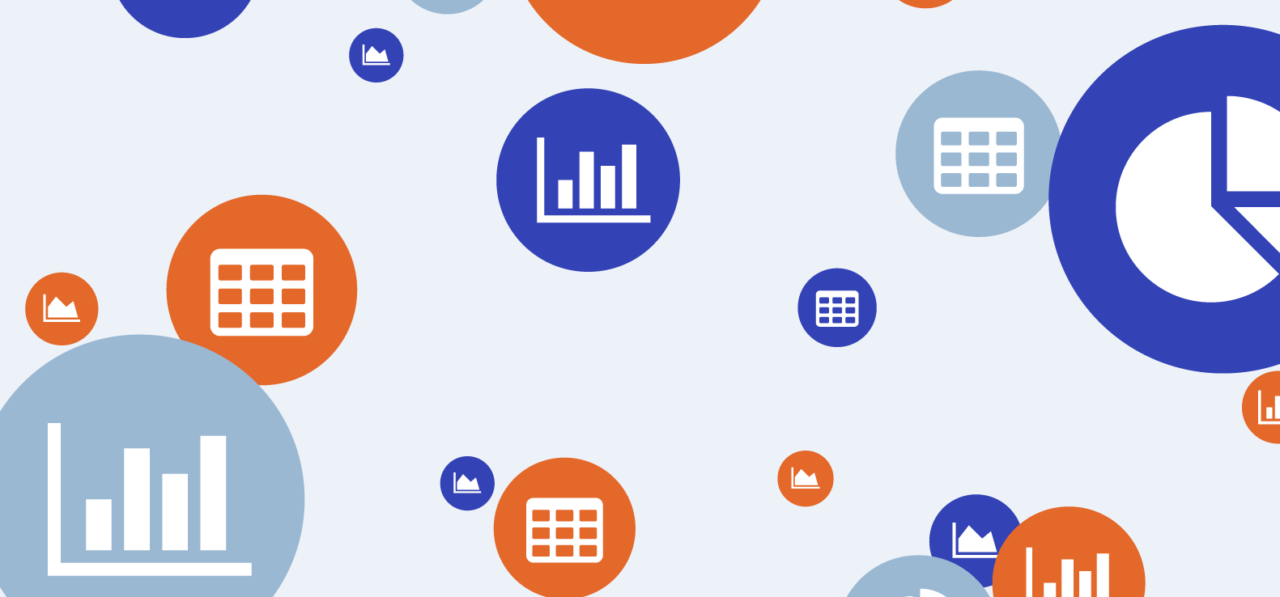How to Make Your Data AI-Ready: Michele Goetz of Forrester Research

By Steve Wooledge
Published on June 6, 2024

AI is coming in hot, there’s no doubt about it. In fact, Forrester projects that from 2023 to 2030, the off-the-shelf AI software market will have a 22% CAGR, reaching $227 billion (Forrester, Global AI Software Forecast, 2023 To 2030). Of course, getting the most from AI requires good, clean data, plus the people, processes, and technologies along the way to make sure AI applications get the right data and use it appropriately.
Getting these data ducks in a row is what’s called AI readiness. It’s your organization's preparedness to deploy and use AI to drive successful outcomes.
We recently hosted Michele Goetz, VP, Principal Analyst at Forrester Research, on a webinar, Navigating the AI Landscape: How to Make your Data AI-Ready, to discuss AI readiness, data pitfalls that can block readiness, critical roles required for AI-ready organizations, and more.
Here are a few highlights of Goetz’s conversation with me, Steve Wooledge, as we explored these topics and how the Alation data intelligence platform can speed AI readiness.
Getting data ready for AI
Data: We have too much, and we need it more each day. And those merely scratch the surface of the typical data challenges we all face.
But AI brings a new perspective. Larger data sets tend to generate more accurate results, but those results are also a direct distillation of the data fed into AI applications.
Considering AI specifically, Goetz explained the top five data challenges facing organizations today:
The cost of cloud data was supposed to fall, but we’re using it more because we’re creating much more data.
This growing “estate of data” makes finding the right data more challenging.
Workers need to be more data-savvy if they’re expected to understand which data they should use and self-serve their data needs.
Workers might need data that doesn’t exist, wasn’t collected, or isn’t accessible.
Even when data is found, it might be poor quality and untrustworthy.
Although it offers the opportunity for incredible innovation, AI is just another kind of data application that lives and dies by the old “garbage in, garbage out” adage. So, how do we make sure AI applications get good data? We need to have better quality at the source, visibility across the data pipeline with end-to-end lineage, governance across the entire data ecosystem, and an eye on privacy and security. We also need to be thinking earlier about how the data is integrated and managed across systems and documented for rich understanding, risk management, and compliance.
“It's really putting a new lens on what governance and risk actually mean,” explains Goetz. “It’s causing a whole rethink in terms of what do you do for data governance? What does that mean for AI governance? And it's testing us in the way that we manage risk and use our technologies in our data.”
AI readiness when you don’t know the questions
With any system, you expect an outcome. AI is no different. But driving an expected outcome requires preparation. AI readiness is getting your data house in order before you start wide-scale deployments of AI and generative AI applications. People, process, technology, and governance are obvious foundational elements of AI readiness, but what else?
Goetz points to generative AI as a new paradigm in data provisioning because the incoming questions are essentially freeform and limitless. “Let's say you’re trying to help a customer with a tech support problem or an account problem. What is the question that's coming up? If you start from the point of 80% [of the questions] being unknown, how are you supposed to architect your data?”
You don’t know the questions, so you don’t know how to feed data into the applications. That’s quite the challenge! There’s also the interpretation of the question and ensuring the application recognizes the intent of the user’s question. But, even when that all works, can the application access the right data?
This totally changes the AI readiness game because the need for data becomes dynamic. This is especially true with generative AI applications, where the incoming questions are unknown and the data has to support an enormous number of use cases.
The right roles for AI readiness
AI readiness combines strategies for people, process, data, and technology to support future AI and generative AI applications. But, as Goetz notes, it’s typically the people who can make or break AI readiness.
“It really does come down to the people because people are always the bottleneck if they don't know what to do,” Goetz says. “The starting point is really understanding what the roles are, what the responsibilities are, and the culture of your organization. Gen AI is really making us switch that culture. So, new personas are needed if you want to move faster on innovation.”
Goetz mentions three personas critical to AI readiness:
Data curators are the librarians of the organization’s data who understand the use cases, business scenarios, and data sources. These data curators facilitate conduits between the business users who need the data and the engineers and technical teams that manage the data.
Business owners must trust the data they’re using because they are ultimately responsible for its use. They need transparency into the technologies and data to instill confidence in the business outcomes.
Information architects must understand the business capabilities the data supports. The information architects must organize and understand the breadth of information available so business owners can do their work.
Watch this webinar to learn Forrester's guidance on data and AI readiness
Throughout the webinar, Goetz and I also drill deeper into data mesh, data fabric, data sources, and the overall data architecture necessary to enable better outcomes from AI and generative AI applications. With the imperative of well-governed data, we took time to explore data governance as it applies to AI applications and spans data discovery, preparation, model training, and model deployment.
We also discussed how the context and “intelligence” about AI/ML models is for a broad range of personas- not just for data scientists. There is a need to collaborate and document models across teams, including business and risk stakeholders. These stakeholders are critical to ensuring AI ethics and compliance are taken into account and well-documented to ensure not only the success of AI initiatives but also the reduction of risk in the fast-moving adoption of AI in organizations.
Watch the complete webinar on-demand to learn more about making your data AI-ready.
- Getting data ready for AI
- AI readiness when you don’t know the questions
- The right roles for AI readiness
- Watch this webinar to learn Forrester's guidance on data and AI readiness







